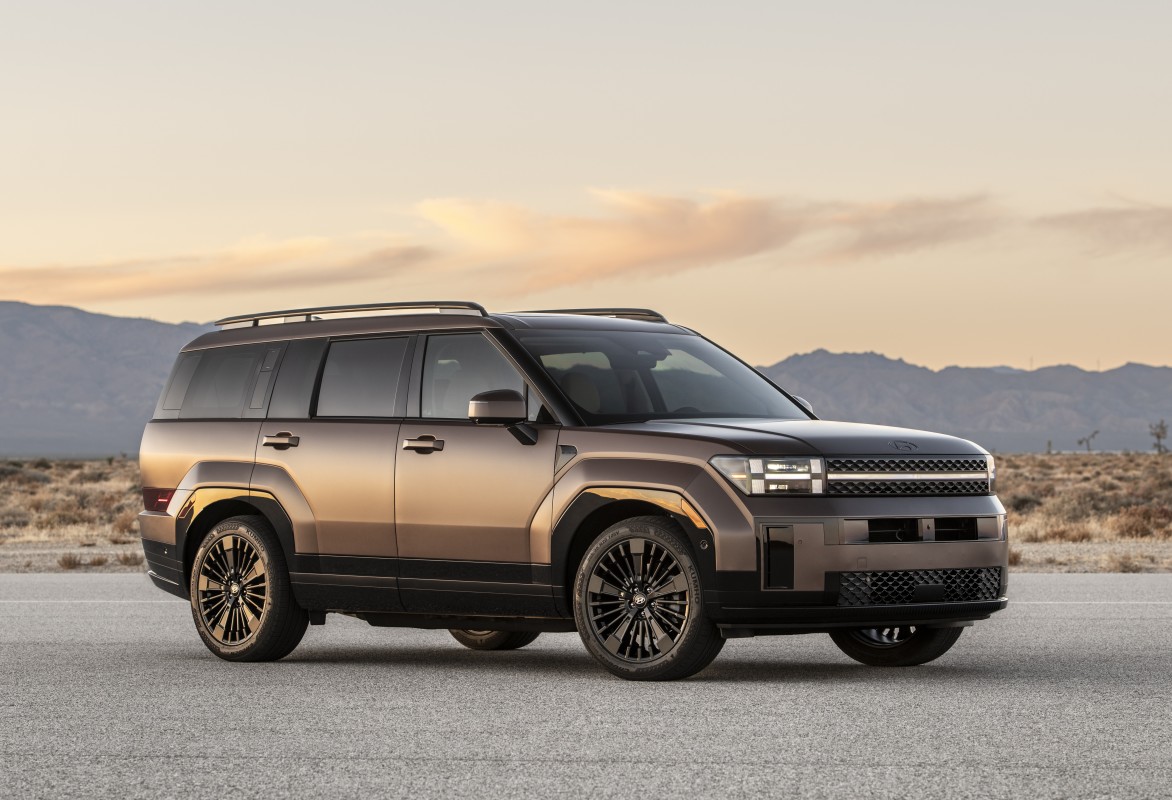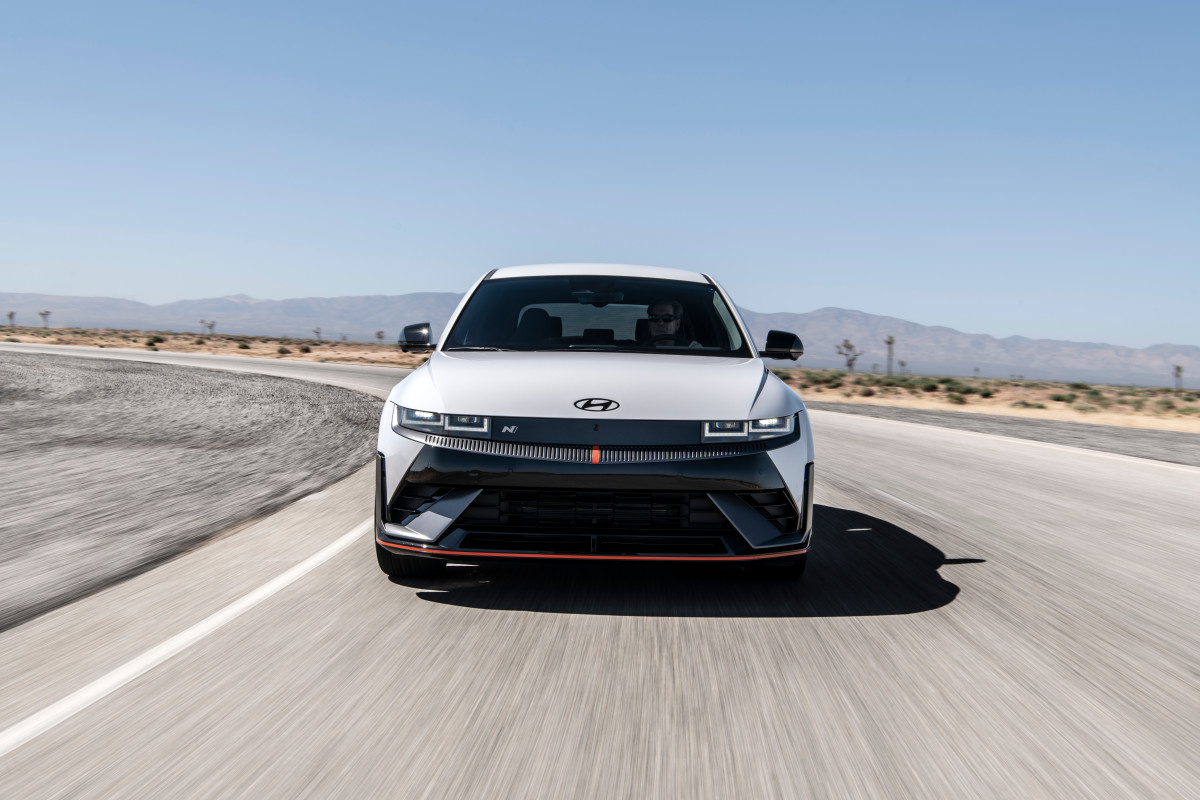Record hybrid sales also helped Hyundai navigate a challenging quarter
Hyundai Motor Company has announced its business results for the second quarter. Like all automakers, the Korean brand’s performance is under increased scrutiny in light of the challenges created by tariffs.
The brand’s second-quarter revenue reached a record KRW 48.29 trillion (South Korean won), which translates to roughly $35.3 billion. This amounts to a year-on-year increase of 7.3%. However, the company’s operating profit dropped by 15.8% year-on-year to KRW 3.6 trillion (approx. $2.62 billion); this just about beat estimates of KRW 3.5 trillion (approx. $2.55 billion).
Strong demand in the North American market, along with the popularity of hybrid models, helped Hyundai navigate a tough environment in Q2.
A Modest Increase In Global Q2 Sales

Hyundai
Between April and June 2025, Hyundai sold a total of 1,065,836 units globally, a 0.8% increase over the same period last year. Outside of Korea, sales were up by 0.7%, but North American sales growth stood out, rising by 3.3% over this period.
The Tucson, Sante Fe, and Elantra all performed strongly for the brand. Previously, we reported on strong first-half sales for Hyundai in the United States, boosted by a rise in electrified vehicle sales. Globally, sales of electrified Hyundais increased to over 262,000 units, an increase of 36.4%.
Hybrid sales in Q2 hit 168,703 units globally, a record figure that represents a 38.5% increase over the same period in 2024.
Bigger Tariff Impact Expected In Q3

Hyundai
Operating profit was already down in Q2, but the current 25% tariff on Korean vehicles is expected to be felt more severely in the current quarter. That’s because Hyundai Motor front-loaded shipments to reduce the blow of tariffs, but this inventory is now drying up, reports Reuters.
Instead of increasing prices like many other automakers, Hyundai absorbed the higher costs associated with tariffs, saying it will adjust prices of vehicles in the U.S. based on market conditions and competitors, rather than tariffs.
However, Hyundai is expected to soon find itself at a disadvantage when compared to Japanese automakers. Trump’s new trade deal with Japan will reduce tariffs for brands like Toyota and Honda, giving them a competitive advantage.